Joker and Mahatma: What should one remind us of the other?

Srinath is the Founding Editor of The ArmChair Journal. Currently at the University of Chicago, he is also an alumnus of IIT Madras, Ashoka University, Rishihood University and Purdue University.
These topics become mine, for articles on Gandhi have occupied my Facebook wall more than any wishes of ‘Gandhi Jayanthi’. Perhaps this is so because of the increasing online publications in India. On a different note, the movie ‘Joker‘, which hit Indian screens on Oct 2nd, 2019, also opened to excellent reviews. “I am fortunate to have watched this movie on the silver screen,” said a fan. Before I observe anything on the topics together, let me confess that I have not lived during the times of Gandhi, nor have I seen the Batman series. I just read a few writings of and about Gandhi, and watched the movie ‘Joker’- in a totally male-dominated theater, btw.
What could link these two characters: One was a hero who fought against the British rule and was an ideal in himself, while the other appeared disturbing and at the same time, deeply touching our inner selves. Gandhi was a great orchestrator of protests, even started some with a pinch of salt. Joker was neither political, not an organizer of protests. He just wanted to belong somewhere in society. One was against the violence of any form; the other felt it was okay to kill people who were ‘awful’. One’s message was his life, while the other’s message was that his life itself was a comedy. One was real, while the other was fiction. What about one should remind us of the other?
What is unique about Joker is his laughter. I laughed when I initially read some of Gandhi’s ideas- particularly the concept of trusteeship. The idea is such that whatever wealth is in excess with the rich owing to one’s family legacy, or trade and business, actually belonged to the community. So, they must be made to realize their trusteeship. This realization has to be brought out by way of non-violence while one upholds this theory. But this is not funny.
Economic equality has to be brought forth through self-suffering. Self-suffering should make the rich realize this truth- that rich are trustees of the wealth they possessed and not their owners. He wrote in the ‘Young India’ that a way to equal distribution is through a ‘peaceful revolution’. Gandhi used this innovative tool of self-suffering to bring change on many other fronts in reality- like stopping Calcutta riots during India’s independence. It is a political innovation that inspired many struggles.
Joker does not understand what’s happening in Gotham city. The city, like every other, appeared to have a class-divide, and dynamics related to it seem to be maturing. He lived in adverse living conditions with the hope of being a stand-up comedian someday. Everyone laughed when he said as a child that he wanted to grow up into a stand-up comedian. But when he became one, no one did. He did not understand why. He had a ‘condition’ which made him laugh, and almost everyone who had to face his laughter punched him in the face. Joker is not a communist wanting to wage an ideological revolution, or a distrustful son waiting to avenge his father. After all, he did not know what to believe in. He did not understand why everyone was so rude towards him. He was isolated, bullied, and unacknowledged by society.
Gandhi was bullied too. A young lawyer was pushed out of the train at Pietermaritzburg railway station, South Africa. That was on racial grounds. He could not accept unjust laws. While Gandhi wanted us to believe in several things, like truth and non-violence, Joker never understood what was to be believed and what was not to be. He just knew all of us were being told what was right and wrong, along with what we should laugh for and what was not to be laughed at. He was disturbed. He was helpless too. His laughter was the laughter of helplessness- helplessness to make sense of things happening around — the laughter which arises out of an inability to make sense at all.
Much of laughter is about mocking something — either another person, or an idea, or a system. Joker’s laughter was that of mocking the system that existed- a system which regulated what was right or wrong, and also what is to be laughed at and not. What a lie was it that we were told comedy was subjective, but never practiced it. We never appreciated why someone laughed at things we do not understand. We couldn’t get them. They are queers. Joker was a queer too. A queer who lived an authentic life through his laughter. After all, when we do not know what is to be believed, laughter is the most appropriate reaction. Laughter of helplessness in being human…a pure laughter to spread joy and happiness…how beautiful! Joker lived at the confluence of sense and non-sense. His laughter appreciated this paradox of living life in a society. What society could make sense of, he could not. What the society laughed at, he could not. What was normal, he was not. This is pure authenticity- which the system called a psychological disorder.
Needless to mention, Gandhi’s life was authentic too. It was authentic in a way how he made it public and offered himself as an open book. His life was his message, and he kept it public. Gandhi aspired to go beyond the system in terms of achieving truth and relentlessly experimented about it. After all, such pursuit of truth is the basis of civil disobedience- to uphold a higher law than what was in practice. He even let the world know about his experiments to grow beyond sexual desires- details of which he shared too. How could someone pursue truth till the end of his life and still prescribe something for all of us to believe in? How could one keep experimenting all his life and still believe in several things as if he already knows the truth? Gandhi was a queer too in the way he embraced experiment than the norm, in the way he led his life.
There lies the difference. While Joker saw beauty in the riots in Gotham city, Gandhi stopped the non-cooperation when riots started at Chauri Chaura. Joker saw the beauty in being liberated from the system, while Gandhi saw the violence in it. Gandhi was a political visionary who offered a vision to the people, while the Joker was an artist who grasped the loneliness in the city but could not articulate a political reaction.
With his political vision, Gandhi offered something to the people to believe in, which was more than liberation from power. Joker could offer only liberation. After all, Joker held no beliefs whatsoever even to judge himself. Joker created chaos and anarchy, while Gandhi prescribed Swaraj- an enlightened state of anarchy. Gandhi made dialogue possible, while Joker just laughed and said, “you won’t get it.” As much disturbing as Joker looks, to juxtapose Gandhi and Joker might appear to compare good and evil. But, it is more like juxtaposing an artist and a politician.
The politician in Gandhi makes a prescription of a particular form of belief to people possible, while the lack of it makes Joker disbelieve in almost anything and everything, including himself. The very intimacy that Gandhi realized between politics and truth is what makes him good, and the Joker- evil. To normalize Joker means to devalue politics.
“First they ignore you, then they laugh at you, then they fight and you win.” Joker was concerned more about laughter, and that’s why Gotham city needed a Gandhi!


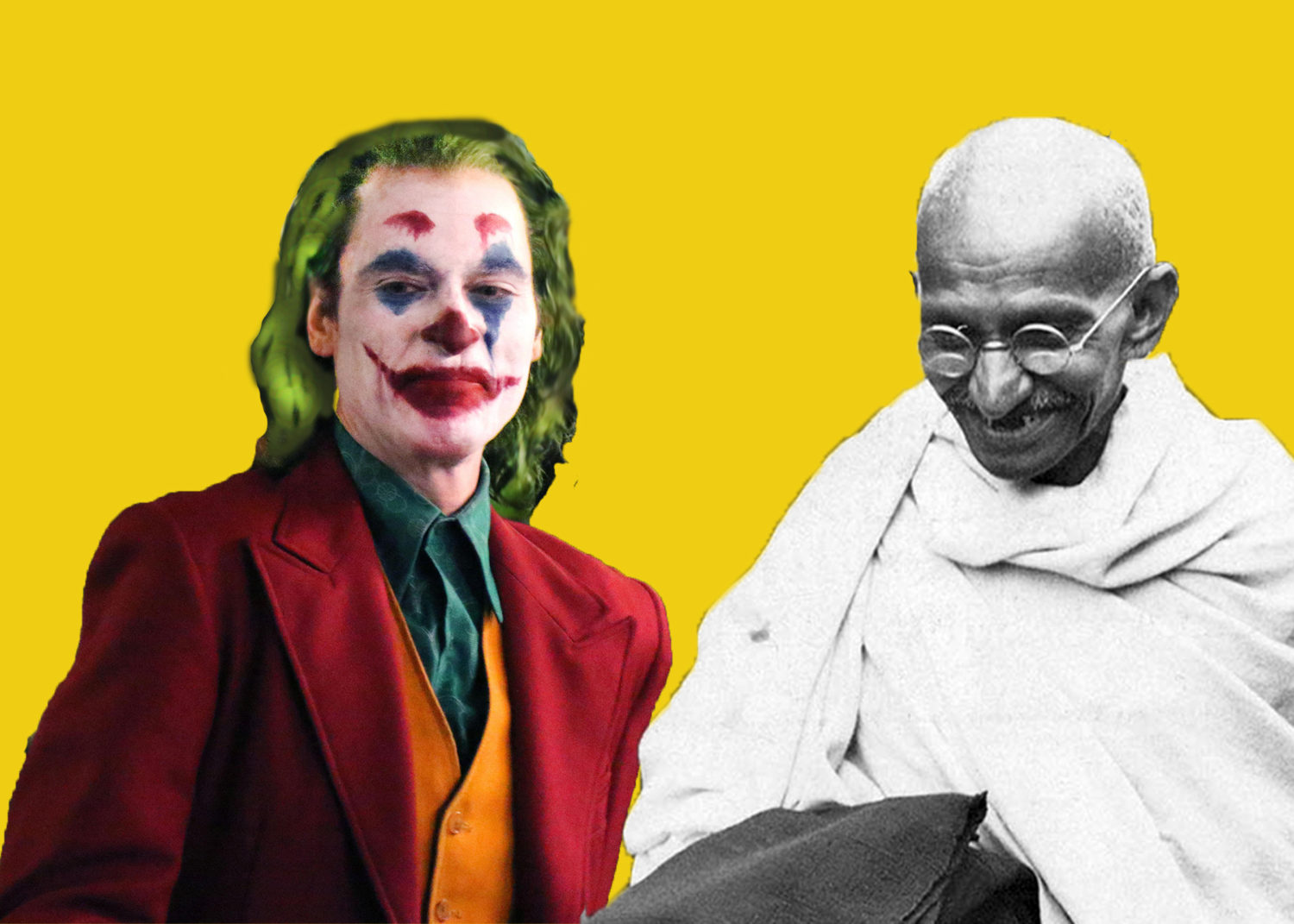
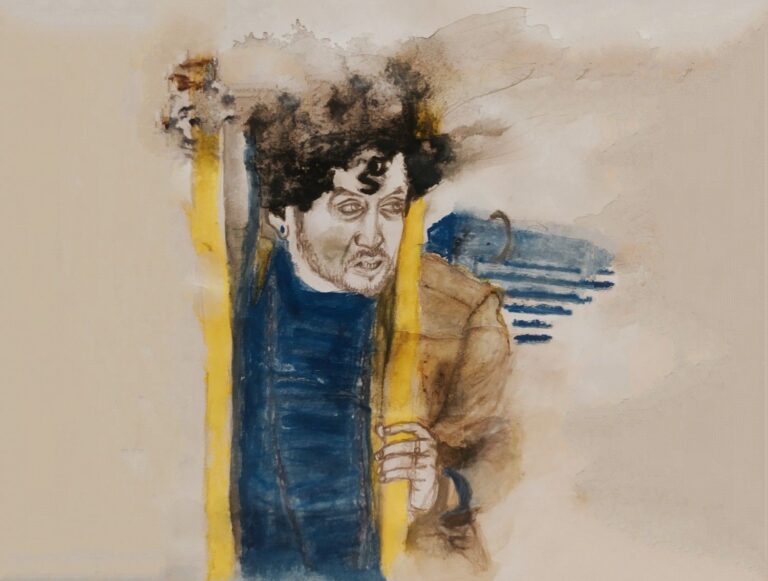
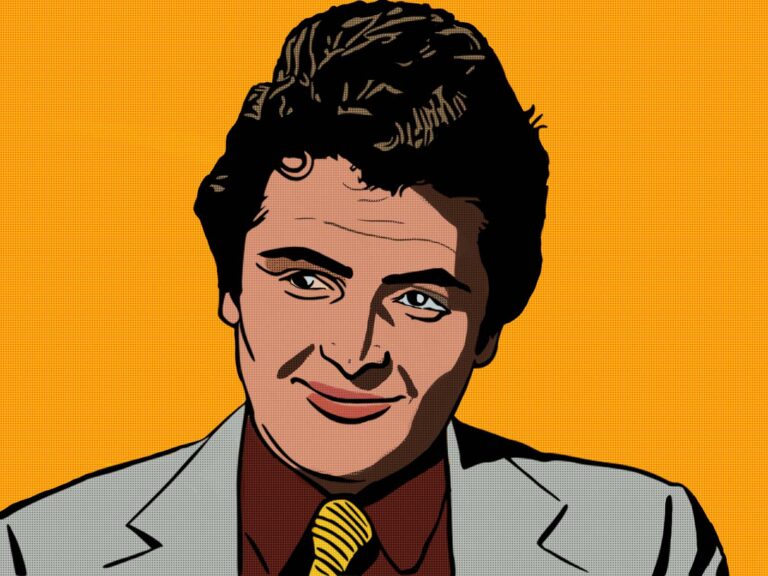
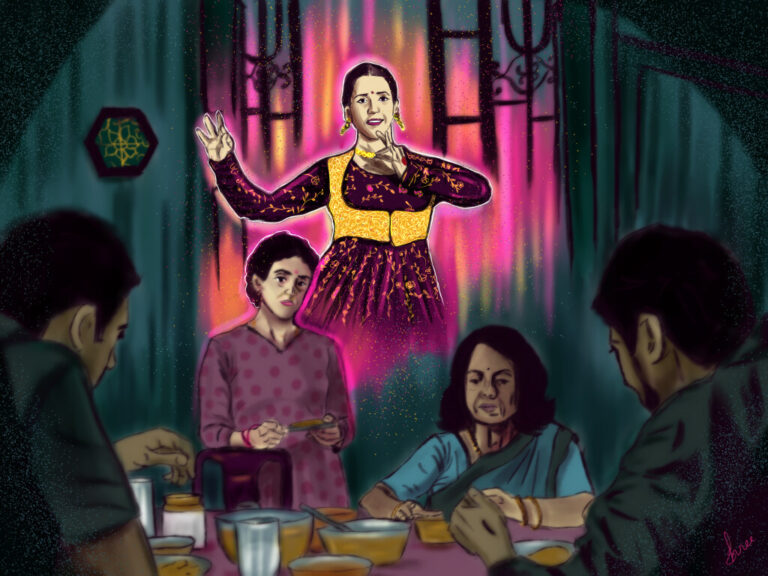
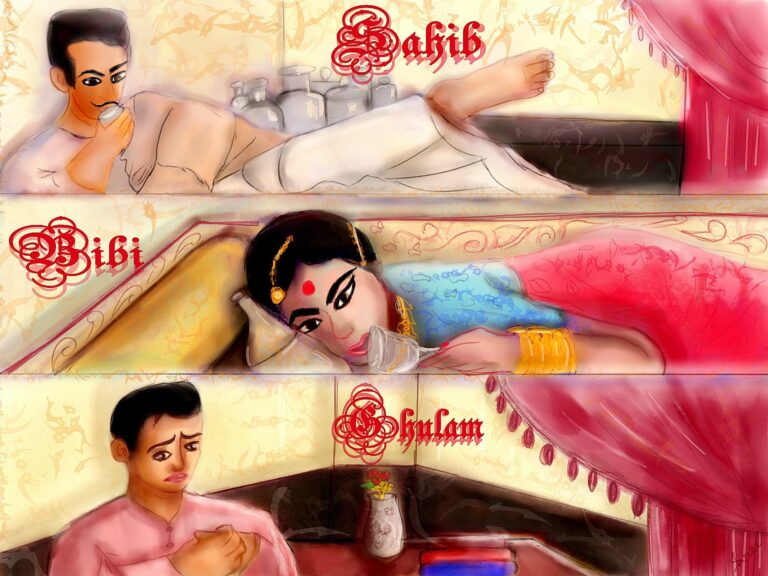

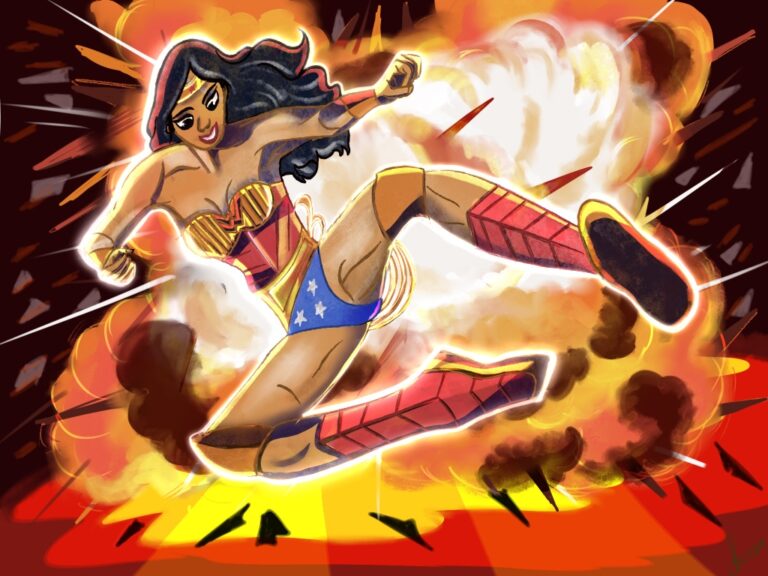
Readers' Reviews (1 reply)